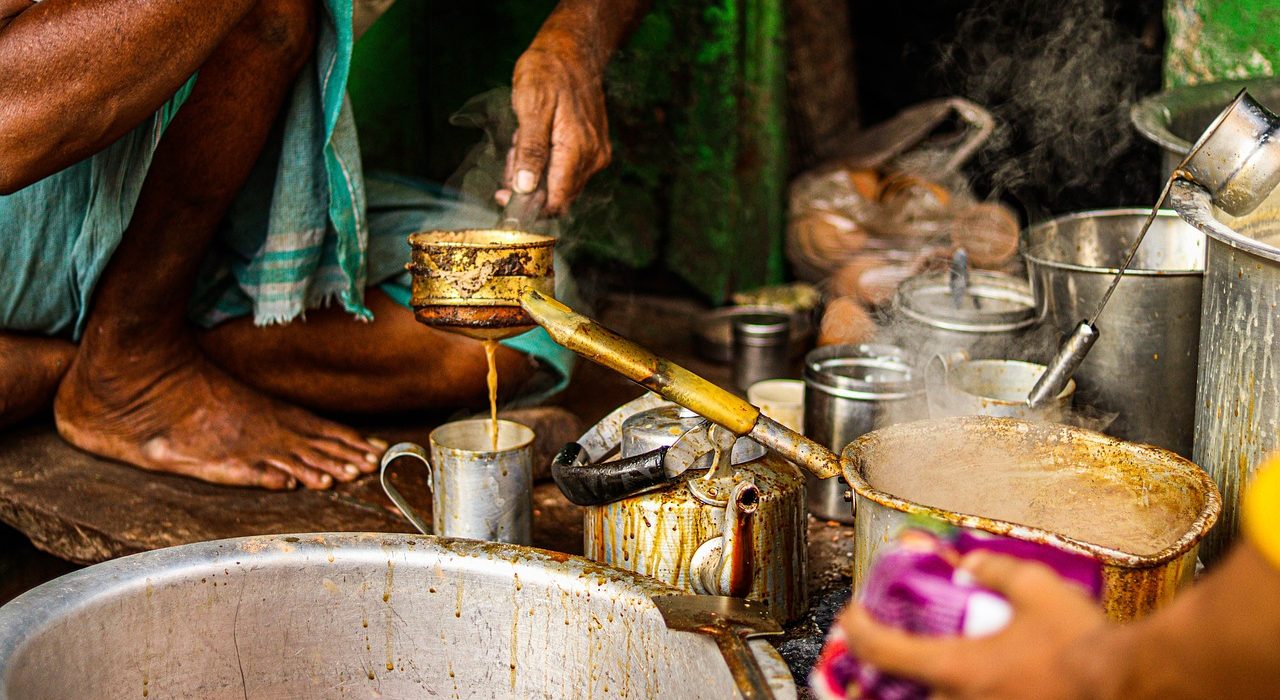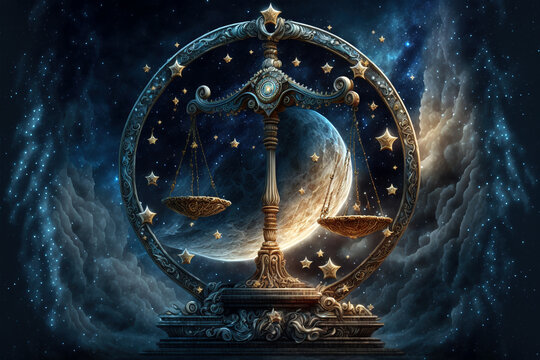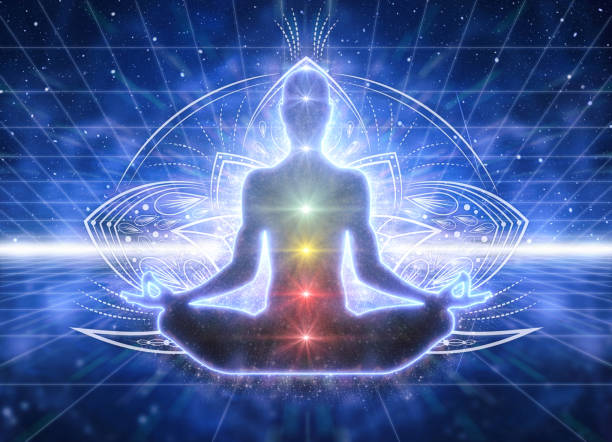The Cultural Traditions of Indian Tea and Chai Culture

India’s relationship with tea is as rich and diverse as the country’s culture itself. Known for its iconic “chai,” the tea culture in India is not just about a hot beverage but a reflection of hospitality, social connection, and daily ritual. The significance of tea in Indian life goes beyond its taste—chai plays a central role in uniting people, whether at home, on the streets, or in public gatherings.
A Daily Ritual
In India, tea is a daily ritual for millions. Whether it’s the first cup in the morning or the one shared with friends in the afternoon, chai serves as a comforting and energizing pause from the daily hustle. The preparation of chai is often a family affair—boiling water, adding tea leaves, milk, and sugar to create the perfect brew. Some people add spices like cardamom, ginger, or cinnamon to give it the unique, aromatic flavor that characterizes “masala chai.” The act of making chai itself, often done with care and attention, is a form of bonding and an expression of hospitality.
Street-side Chai Stalls
One of the most iconic aspects of Indian chai culture is the street-side chaiwala (tea seller). These bustling tea stalls, found on almost every corner in cities and villages, are places where people gather to take a break, converse, and enjoy a quick cup of chai. The chaiwala, with his expertly brewed tea, serves not just a drink but a moment of relaxation and connection for office workers, travelers, and locals alike. These stalls foster a sense of community, where conversations flow just as freely as the tea itself.
Chai as a Symbol of Hospitality
Chai holds a special place in Indian hospitality. Offering tea to guests, even those who drop by unexpectedly, is a time-honored tradition. This small gesture is a symbol of warmth, care, and respect. The offer of tea is seen as an invitation to relax, chat, and enjoy the company of others. Whether in a modest home or a grand palace, chai is served to welcome visitors and create an atmosphere of comfort and camaraderie.
Chai and Social Gatherings
In Indian society, chai is often central to social interactions. Friends and family gather over a cup of chai to discuss everything from daily matters to significant life events. It’s during these tea breaks that important conversations happen—business deals are struck, political discussions unfold, and family dynamics are strengthened. Chai has, over time, become synonymous with socializing, bridging divides and fostering a sense of belonging.
The Chai Ceremony
In certain parts of India, chai is elevated to a ceremonial tradition. In homes, the act of offering chai can become an elaborate ritual, especially when guests arrive. There are specific ways of preparing and serving the tea, often guided by customs that have been passed down through generations. The ceremony may include special chai cups, the use of particular spices, or a particular method of boiling the tea to ensure that the flavor and aroma are perfect.
The Influence of Chai on Indian Cinema and Popular Culture
Chai has also left a significant mark on Indian cinema and popular culture. From Bollywood films to television shows, chai is often depicted as a key element of daily life. Many films include scenes where characters sit and drink chai while discussing important moments or bonding with others. These depictions reinforce chai’s cultural significance as a medium for connection, conversation, and reflection.
Chai’s Global Appeal
While chai has its roots firmly in India, the global popularity of “masala chai” has surged in recent years. Internationally, chai has become a beloved drink, with cafes and restaurants across the world serving chai lattes and spiced versions of Indian tea. This global embrace of chai is a testament to the unique appeal of the beverage, which brings the warmth, flavors, and spirit of India to the world.
Conclusion
Tea, or chai, is far more than just a drink in India—it is a symbol of community, hospitality, and tradition. Whether it’s the casual street-side tea stall or the formal tea ceremony at home, chai serves as a catalyst for conversation and connection. Its rich cultural significance is deeply embedded in the social fabric of India, making it not only a beloved beverage but a powerful expression of Indian values and hospitality. As chai continues to spread across the globe, it remains an integral part of India’s cultural identity.
Lessons:
- Chai is a cultural ritual, symbolizing hospitality, comfort, and connection in Indian society.
- Tea stalls, or chaiwalas, are key social hubs, fostering community and conversation.
- Chai is central to Indian social gatherings, often marking important discussions and bonds.
- The tea-making process itself is a cherished tradition, with variations across regions and families.
- Chai’s growing popularity around the world highlights its unique appeal and cultural significance.










